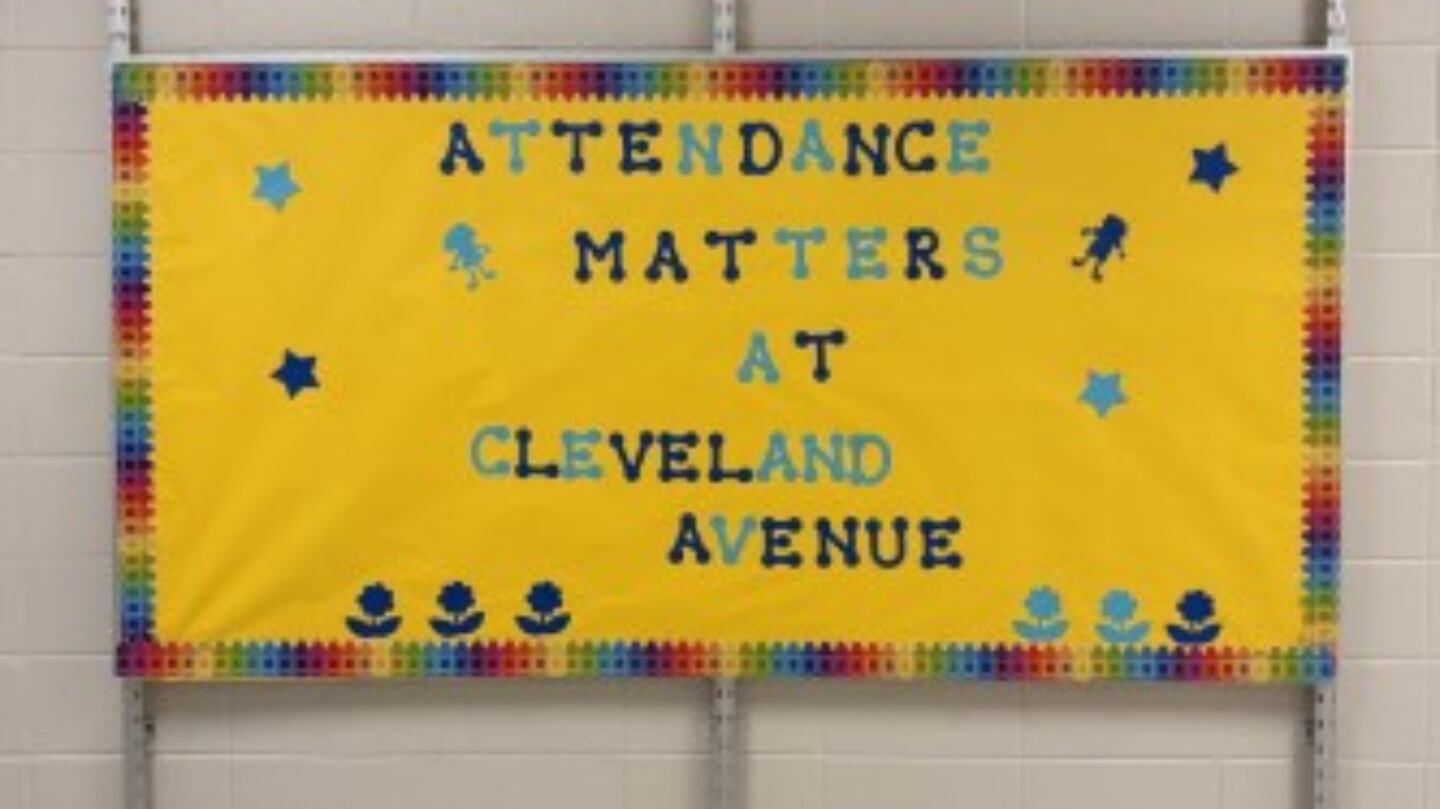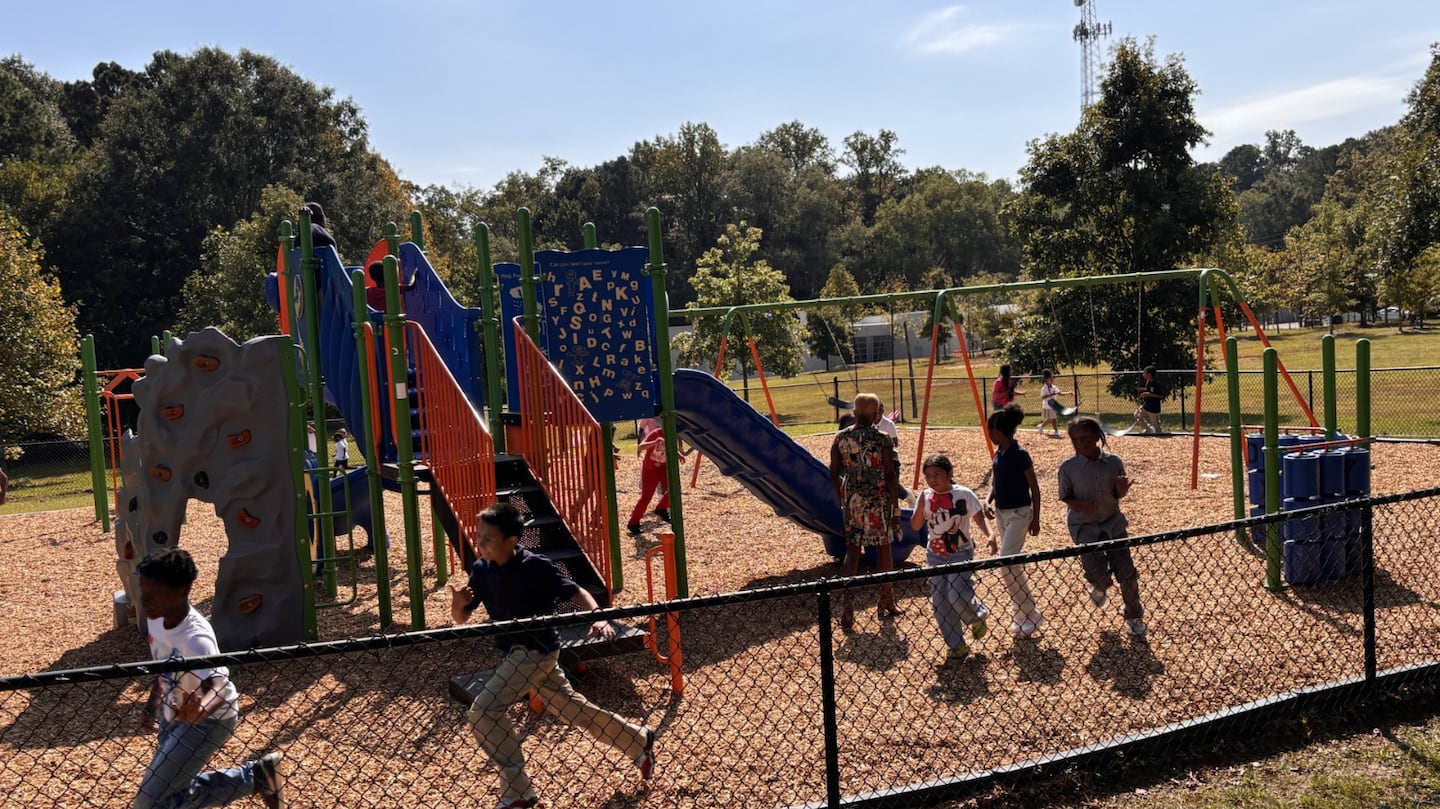ATLANTA — Atlanta Public Schools is closing the gap on chronic absenteeism by digging in to find what’s going on in families lives.
District Social Work Coordinator Alicia Curvey says, “they don’t have to be totally transparent, but trust us enough to share if there is a concern that we can assist with. That’s been huge.”
Kiley Davis is a working mom and says her husband leaves for his job much earlier, so she was handling all the morning preparation for her fifth grader’s school day like what to wear or what to eat for breakfast. Constant rushing led to Sidney forgetting her journal one day, or her P. E. clothes another day. A sharp pivot came when she found out that her daughter’s emotional health and her schoolwork were suffering.
“I was getting her to school every day, but five minutes late, 10 minutes late, and it was leading to her having anxiety at school,” says Davis. She learned from the school that tardiness is a frequent cause of student anxiety, and Davis immediately revamped their home routines, getting everybody on board with lifestyle changes.
“We’re having a set bedtime. We’re reading before bed, getting off those tablets and phones 30 minutes before bed. Getting our clothes out at night. We eat boiled eggs every morning,” laughs Davis. “We don’t have those decisions in the morning. We’re like on autopilot and she is thriving.”
Davis says the new routine took her daughter’s tardy count from 30 last year to zero this year, and excelling academically.
“I think people take for granted structure and how children thrive off of structure,” says Davis. “We think they like to be loosey-goosies, but they don’t. Children thrive in a structured environment.”
Atlanta Public Schools not only calls parents to detail all the lessons of student missed, Curvey tells WSB Radio they try to uncover any family struggles fueling absenteeism. “That’s been huge, connecting home and family, and school altogether, has really made the difference,” Curvey says.
Divorced Mom Ken Yada Farrell was tired of meetings about tardiness, so opening up about her struggles helped. “Now, they are already dressed, they do their homework by the time they get out of school, and they’re really excited now,” Farrell says.













